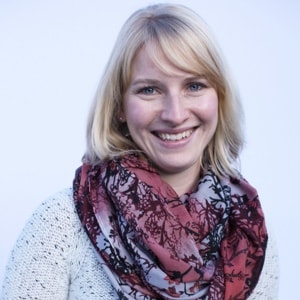ACRoBEAR
Arctic Community Resilience to Boreal Environmental change: Assessing Risks from fire and disease
Summary
ACRoBEAR will tackle urgent climate-health linkages in one of the most rapidly warming regions of the planet.
The Arctic is warming at around twice the rate of global mean temperature increase, resulting in widespread changes to the high-latitude Earth system. Recent years have seen unprecedented fire activity at Arctic latitudes, leading to unhealthy air quality in high latitude towns and cities. Vector-borne disease occurrence in these regions is also changing in response to rapid changes in temperature and moisture. Moreover, fire activity is intrinsically linked to changes in vector-borne disease risk through changing the habitat conditions for vectors and their hosts. Environmental, social, and governance factors specific to high latitudes hamper our current ability to understand community resilience and response to these changing risks.
The goal of ACRoBEAR is to improve understanding of health risks from wildfire air pollution and natural-focal disease at high latitudes, how these may develop under future Arctic climate change, and to understand resilience and adaptability of communities across the region to these risks. This will be achieved through integrating health data and knowledge, community knowledge and stakeholder dialogue, with satellite and in-site observations, and numerical modelling.
Research partners
University of Leeds (lead); CICERO; George Washington University; University of Helsinki; Swedish Meteorological and Hydrological Institute; Umeå University; Laboratoire Atmosphères, Milieux, Observations Spatiales (CNRS-LATMOS); Cooperative Institute for Research in Environmental Science, University of Colorado; Lomonosov Moscow State University; Met Office UK.
Stakeholder partners
Fairbanks North Star Borough Sustainability Commission, USA; Jämtland County Board, Sweden.
Timeframe of the project
2020 – 2023
Funding source
Belmont Forum Collaborative Research Action Climate, Environment and Health CEH2019 (AKA, Finland; Forte, Sweden; NSF, USA; RCN, Norway; UKRI, United Kingdom)
Social links
ACRoBEARArctic (@ACRoBEARArctic) / Twitter


